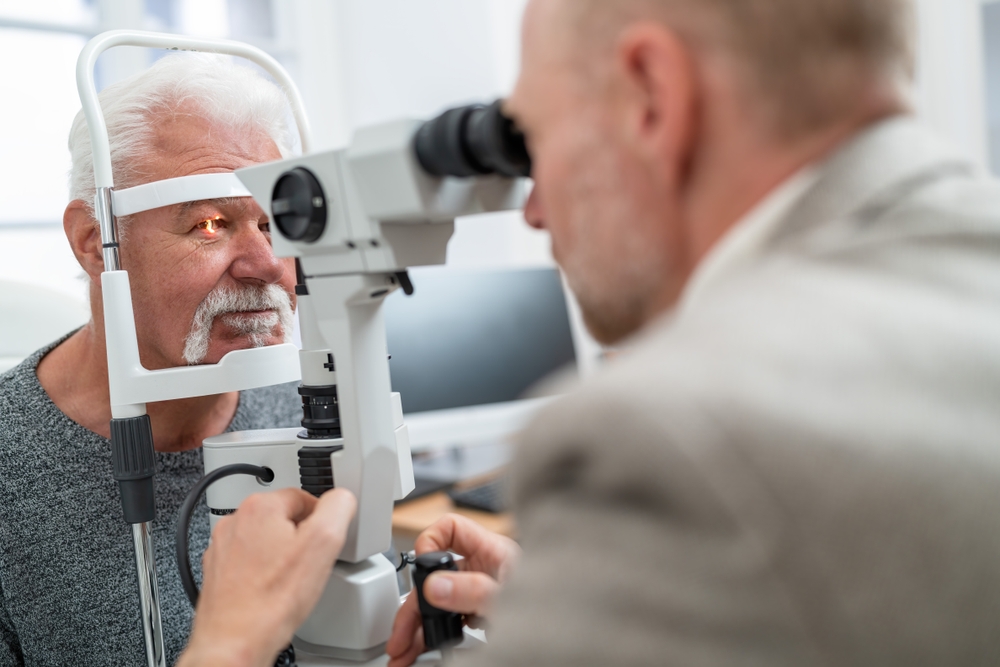
Diabetes can have a significant impact on your vision, and regular eye exams are crucial for maintaining healthy eyes and preventing vision loss. As a diabetic, understanding the connection between your condition and eye health, as well as the importance of routine eye exams, is essential for proactively managing your vision.
Understanding the Connection Between Diabetes and Vision
Diabetes can affect various parts of the eye, leading to a range of vision-related complications. High blood sugar levels associated with diabetes can damage the small blood vessels in the retina, causing a condition known as diabetic retinopathy. This condition can progress over time, ultimately leading to vision loss if left untreated. Diabetic eye conditions can also include:
Cataracts: Clouding of the eye's lens, which can impair vision
Glaucoma: Increased eye pressure that can damage the optic nerve
Macular edema: Swelling of the macula, the part of the eye responsible for central vision
These conditions can develop gradually and often have no early warning signs, making regular eye exams essential for early detection and treatment.
The Importance of Routine Eye Exams for Early Detection and Treatment
Regular eye exams are crucial for diabetics, as they allow your optometrist to detect and monitor any vision-related complications early on. By identifying and addressing these issues promptly, you can take proactive steps to preserve your vision and prevent further vision loss. Early detection and treatment of diabetic eye conditions can significantly improve your chances of maintaining good vision and reducing the risk of vision loss.
What to Expect During a Diabetic Eye Exam
During a diabetic eye exam, your optometrist will perform a series of tests and assessments to evaluate the health of your eyes. This may include:
Visual Acuity Test: This measures how clearly you can see at various distances.
Dilated Eye Exam: Your eye care professional will use eye drops to dilate your pupils, allowing for a more thorough examination of the internal structures of your eyes.
Tonometry: This test measures the pressure inside your eyes, which can help detect glaucoma.
Retinal Imaging: Your eye care professional may use specialized cameras to capture high-resolution images of the retina, which can reveal signs of diabetic retinopathy.
Slit Lamp Examination: This allows your eye care professional to closely examine the front and back of your eyes using a microscope-like device.
These tests, combined with a comprehensive medical history review, will help your eye doctor develop a personalized treatment plan to address any vision-related issues you may be experiencing.
How Often Should Diabetics Have an Eye Exam?
The frequency of eye exams for diabetics is typically more frequent than for those without diabetes. The American Diabetes Association recommends that:
All adults with diabetes should have a comprehensive dilated eye exam annually.
If you have diabetic retinopathy, your doctor may recommend more frequent exams, such as every 6-12 months.
If you have any other vision-related complications, such as cataracts or glaucoma, your eye care professional may also recommend more frequent exams.
The recommended frequency may vary based on the severity of your condition and your individual risk factors. Your doctor will work with you to determine the optimal schedule for your eye exams.
Taking Proactive Steps to Protect Your Vision as a Diabetic
As a diabetic, maintaining healthy vision is crucial for your overall well-being. By understanding the connection between diabetes and eye health, and the importance of routine eye exams, you can take proactive steps to protect your vision and prevent vision loss. By following the recommended exam schedule and working closely with your optometrist, you can ensure that any vision-related issues are addressed promptly, allowing you to maintain your visual acuity and quality of life.
Schedule your comprehensive eye exam with Brampton Eye Clinic to take the first step in protecting your vision. Our experienced optometrists specializes in the management of diabetic eye conditions and can provide personalized care to meet your vision needs. Visit our office in Brampton, Ontario, or call (647) 348-9926 to book an appointment today.






